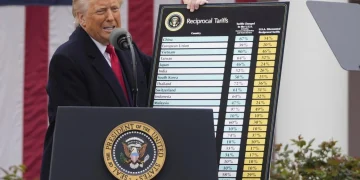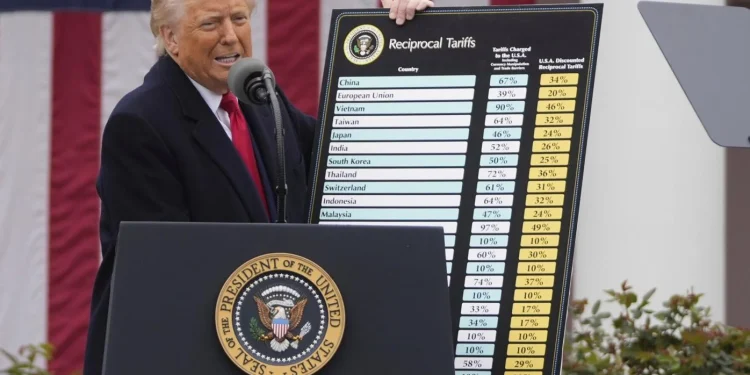By Maria Kalamatas | July 17, 2025
Washington, D.C., July 17 — The U.S. administration has announced an unexpected extension of its suspension on reciprocal tariffs, offering importers and logistics providers a crucial window of relief as global trade networks brace for continued policy uncertainty.
The decision, quietly released through an official notice this morning, pushes the tariff deadline to August 31, deferring duties of up to 25% on a wide range of goods.
“We were preparing for another wave of price hikes by the end of this month,” said Andrew Keller, trade compliance officer at a New Jersey-based electronics importer. “This delay changes everything—for now.”
Global Logistics Adjust in Real Time
Since early July, many freight forwarders had been racing to move cargo before the anticipated reinstatement. European ports, particularly Rotterdam and Antwerp, reported a noticeable uptick in outbound volumes to the U.S., with several terminals operating at near capacity.
But within hours of the announcement, some logistics companies began rescheduling shipments to avoid congestion and take advantage of the extended timeline.
“A number of our clients have postponed sailings by one or two weeks,” explained Lien Nguyen, regional coordinator at Eastern Freight Lines in Ho Chi Minh City. “It’s a rare moment to breathe in this industry.”
Temporary Calm Before the Next Policy Shift
Industry experts, while welcoming the pause, warned against viewing it as a long-term solution. The uncertainty surrounding tariff enforcement in September continues to cloud forecasts.
According to an internal survey by the International Freight Association, 61% of members say they expect another shift in policy before the U.S. presidential conventions in late August.
“This isn’t a resolution—it’s a strategic delay,” said Martin Schroeder, head of policy analysis at Global Maritime Forum. “We’re still on edge.”
Markets React Cautiously
Wall Street responded with mild optimism. Shares in global shipping firms, including Hapag-Lloyd and UPS, saw modest gains, while currency markets remained stable.
In practical terms, the extension could ease pressure on U.S. ports already facing volume spikes, especially on the East Coast. At the same time, exporters across Asia and Europe now have a clearer path for late-summer shipments—though many remain skeptical about what happens next.





















